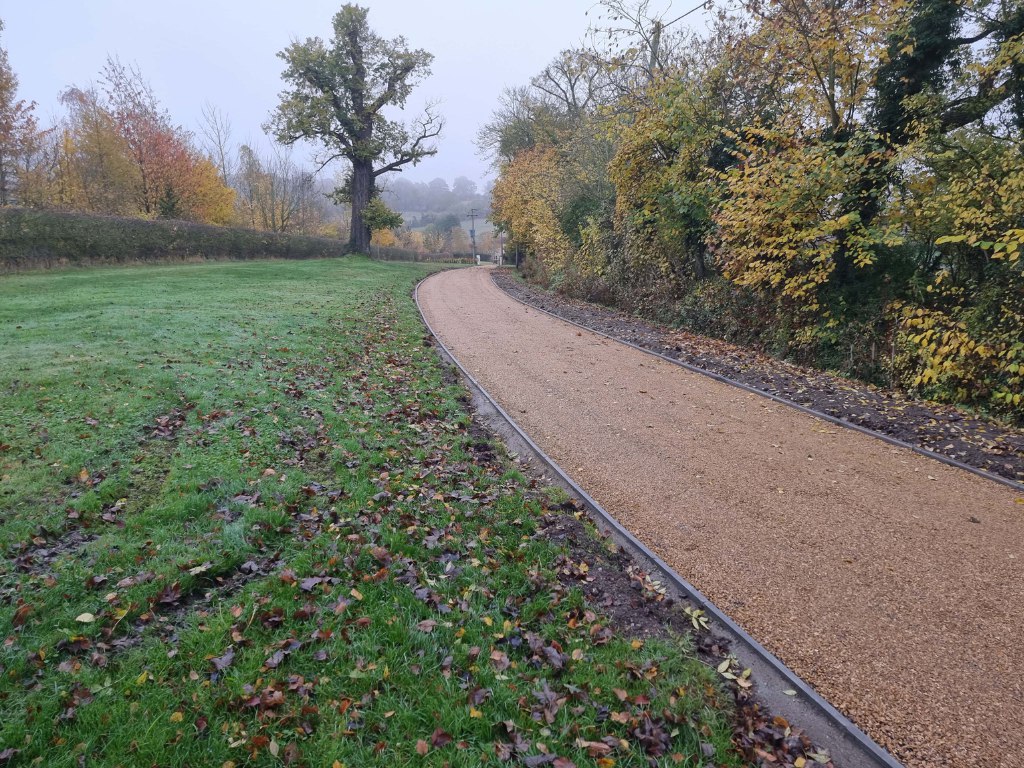Weathering the Elements: The Impact of Weather Conditions on Tarmac Farm Roads
Introduction: Tarmac farm roads are vital lifelines in agricultural operations, providing essential access for machinery, vehicles, and personnel across vast farmlands. However, these roads are subject to the whims of weather, facing challenges ranging from extreme temperatures to heavy rainfall. In this article, we’ll explore the impact of weather conditions on tarmac farm roads and discuss strategies for mitigating their effects to ensure road durability and reliability.
Temperature Extremes:
- Weather extremes, such as freezing temperatures in winter and scorching heat in summer, can significantly affect the performance of tarmac farm roads. In cold climates, freezing and thawing cycles can cause pavement cracking and deterioration, leading to potholes and surface degradation. Conversely, high temperatures can soften the asphalt binder, resulting in rutting and deformation under heavy traffic loads. Proper pavement design and materials selection are essential for withstanding temperature extremes and ensuring road durability throughout the year.
Heavy Rainfall and Water Damage:
- Heavy rainfall significantly threatens tarmac farm roads, causing erosion, ponding, and surface degradation. Poor drainage infrastructure can exacerbate water-related damage, leading to potholes, rutting, and structural failure. Implementing effective drainage solutions, such as ditches, culverts, and cross drains, is crucial for managing stormwater runoff and preventing water damage to the road surface. Regular maintenance activities, such as clearing debris and repairing damaged drainage infrastructure, are essential for preserving road functionality during rainy seasons.
Wind and Storm Damage:
- Strong winds and severe storms can wreak havoc on tarmac farm roads, causing debris accumulation, tree fall, and structural damage. Fallen branches or trees can obstruct roadways and pose safety hazards for vehicles and pedestrians. Proactive measures, such as regular tree trimming and vegetation management, can help mitigate the risk of wind and storm damage to tarmac farm roads. Additionally, conducting post-storm inspections and promptly addressing any damage can prevent further deterioration and ensure road safety and accessibility.
UV Radiation and Sun Damage:
- Exposure to sun ultraviolet (UV) radiation can cause gradual deterioration of tarmac farm roads over time, leading to surface oxidation, fading, and cracking. UV-resistant sealants and coatings can help protect the road surface from sun damage and extend its lifespan. Implementing shade structures or vegetation buffers along road edges can reduce exposure to sunlight and minimise the risk of surface degradation. Regular maintenance activities like crack and pavement sealing are essential for preserving road integrity and preventing UV-related damage.
Seasonal Variations:
- Tarmac farm roads experience seasonal variations in weather conditions, with each season presenting unique challenges and considerations. Winter risks freezing temperatures and snow accumulation, while spring and fall may bring heavy rainfall and fluctuating temperatures. Summer often brings high temperatures and intense sunlight. Farmers can ensure that tarmac farm roads remain resilient and reliable year-round by anticipating seasonal variations and implementing proactive maintenance strategies tailored to each season.
Conclusion: Weather conditions have a significant impact on the performance and longevity of tarmac farm roads, posing challenges such as temperature extremes, heavy rainfall, wind and storm damage, UV radiation, and seasonal variations. By implementing proactive measures such as proper pavement design, effective drainage infrastructure, regular maintenance, and seasonal maintenance planning, farmers can mitigate the effects of weather on tarmac farm roads and ensure their durability and reliability. Investing in weather-resistant road infrastructure is essential for maintaining agricultural productivity, efficiency, and safety, even in unpredictable weather conditions.
Call us on: 01795 718 992
Click here to find out more about Faversham Driveways
Click here to complete our contact form and see how we can help with your driveway needs.

